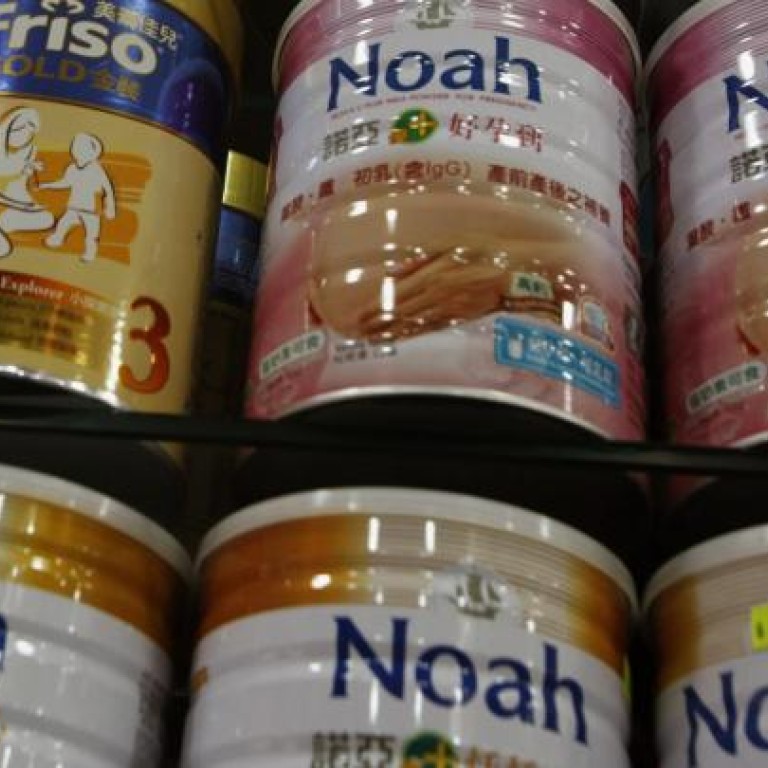
Hong Kong should 'work harder to ease cross-border tensions'
City officials are not doing enough to improve ‘internal diplomacy’ between Hongkongers and mainlanders, Beijing academic says
Hong Kong officials should make more effort to ease tension between Hongkongers and mainlanders through the use of mainland media and the internet, a leading academic says.
The advice came from Jiang Shigong, deputy director of Peking University's Centre for Hong Kong and Macau Studies, who said Chief Executive Leung Chun-ying's work to step up the "homeland relationship" on his recent visit to Beijing was a step in the right direction.
"Hong Kong has suffered from inadequate efforts in handling 'internal diplomacy', or the 'homeland relationship' in the past few years," Jiang said.
The academic, who advises the central government on policies towards Hong Kong, said that mainlanders in the past generally had a positive perception of Hong Kong because of its freedom and rule of law.
"But a growing number of mainlanders are now unhappy with Hongkongers in the wake of limits on infant milk powder exports and the heavy stamp duty imposed on non-permanent residents buying property in Hong Kong," he said.
A growing number of mainlanders are now unhappy with Hongkongers in the wake of limits on infant milk powder exports and the heavy stamp duty imposed on non-permanent residents buying property
"Those restrictions go against the value of rule of law and freedom which mainlanders appreciate when they think about Hong Kong. Apart from meeting state leaders and central government ministers, senior Hong Kong officials should engage directly with mainlanders through mainland media and internet platforms such as weibo and chat rooms."
Jiang was a researcher at the central government's liaison office in Hong Kong from 2004 to 2008.
Chief Executive Leung on Wednesday wrapped up his five-day visit to Beijing during which he was received by President Xi Jinping and Premier Li Keqiang . He also met four new ministers and worked on what he called his "homeland relationship" and cross-border cooperation.
Meanwhile, Leung's recent outreach effort in Tianjin was welcomed by a Hong Kong business group.
Michael Yeung Leung-yin, honorary chairman of the Chamber of Commerce in China's Tianjin branch, attended the reception hosted by Leung in the northern city on Tuesday.
"We didn't feel this much care in the past," Yeung said. "Leung even told us to compile a list, so that the government can learn how many Hongkongers are there in Tianjin and what we do."
It was understood that the list could help the government gather data related to Hongkongers in the mainland, so that policy research could be conducted and needs better understood. It will also help officials analyse the implication of national policies on Hongkongers.
Simon Ho Tung-fai, 50, who runs a garment trading company in Tianjin, said it was the first time he had met a Hong Kong chief executive in that city since the handover.
"Now if we have concerns, at least we know there are people who care," he said.
Chinese University sociologist Professor Chan Kin-man agreed that Leung's effort had been "progressive". "In the past, when Hu Jintao and Wen Jiabao made overseas visits, they would usually meet the local Chinese community, but it was rare for our government to do the same," he said.

